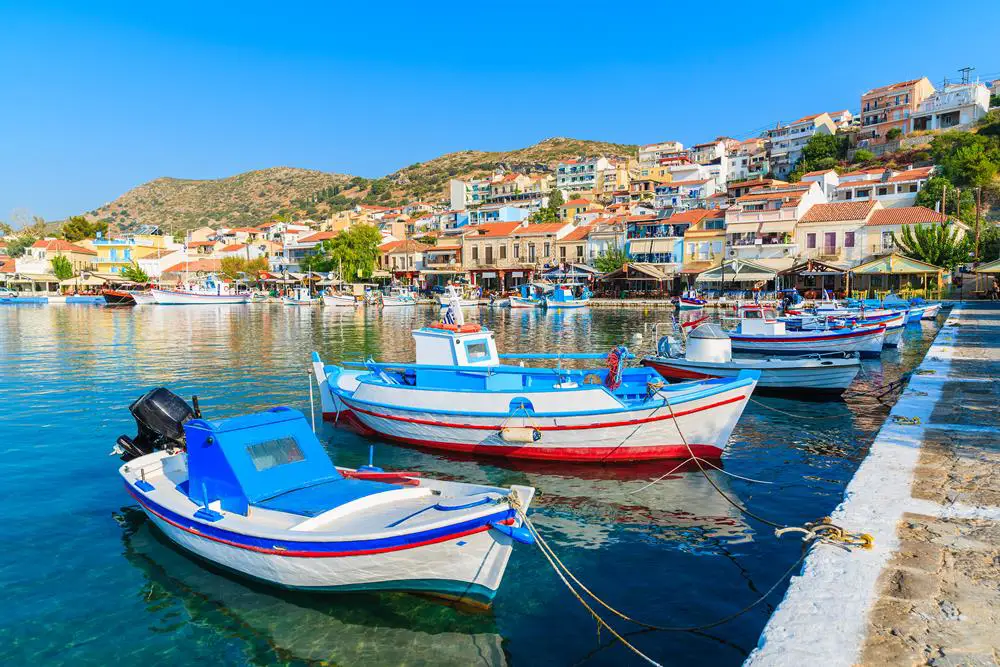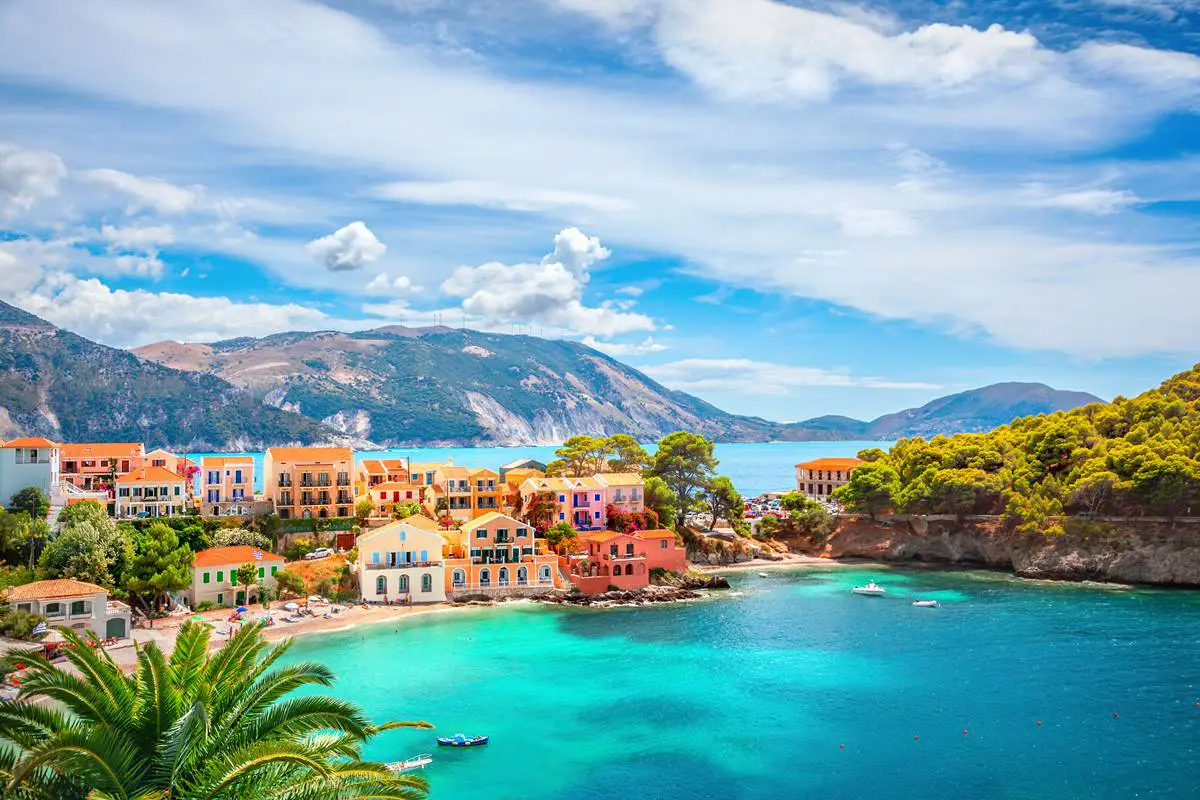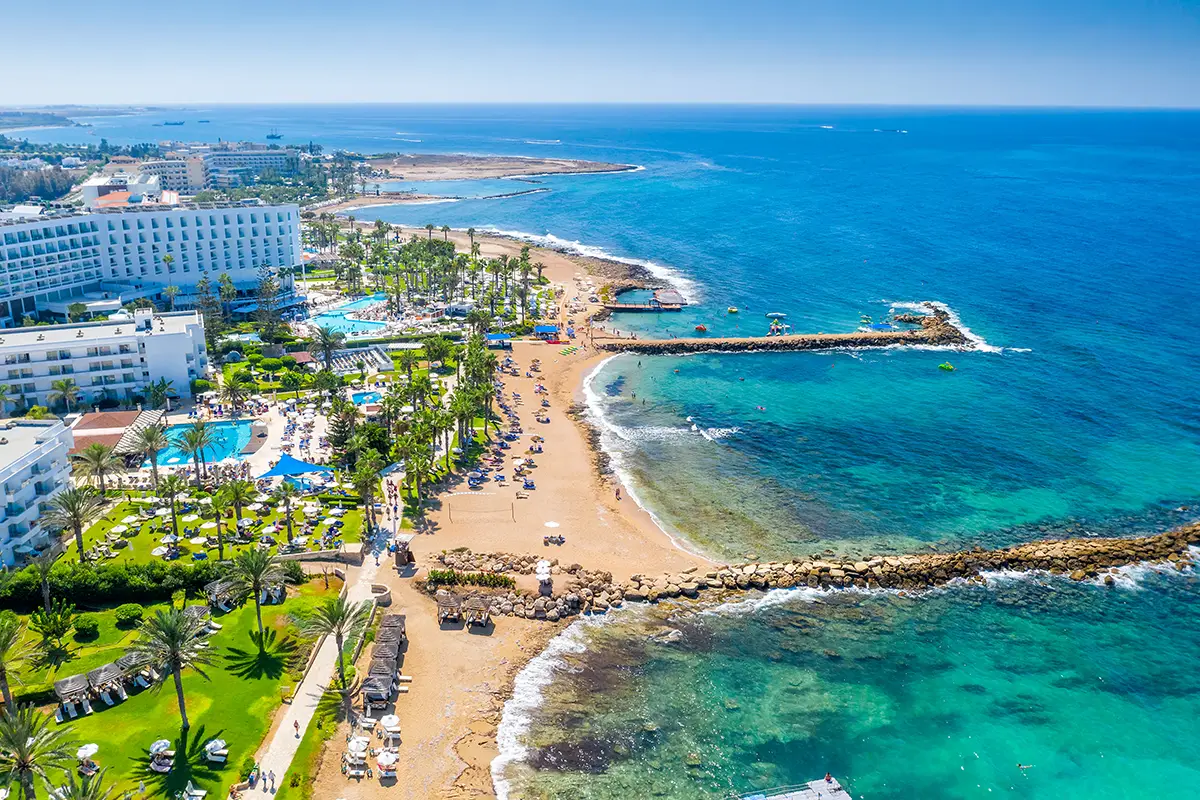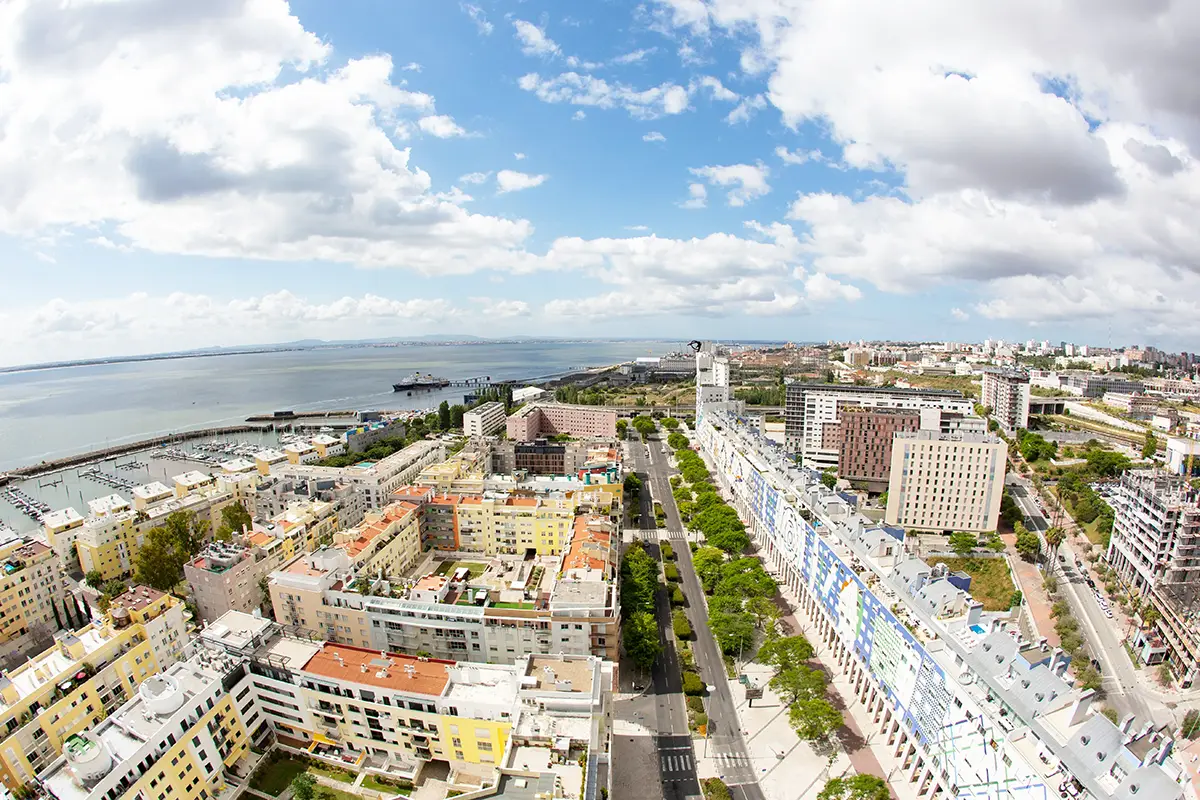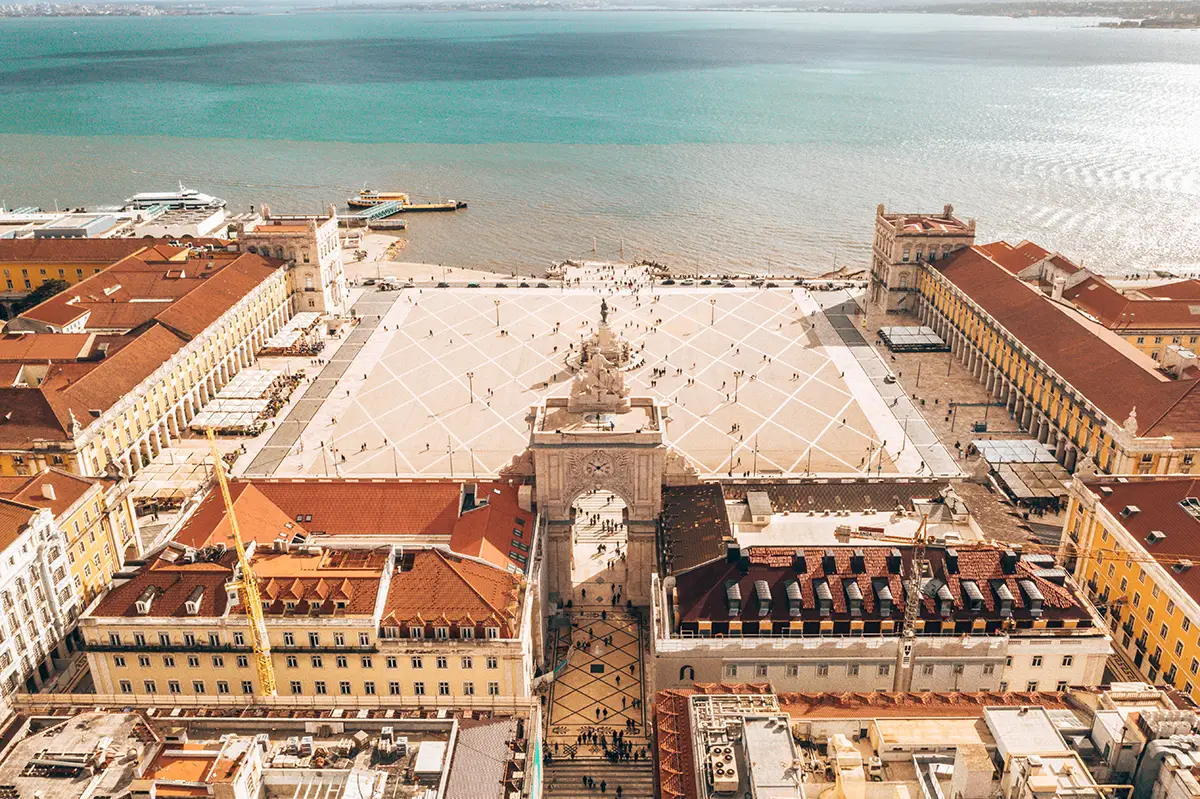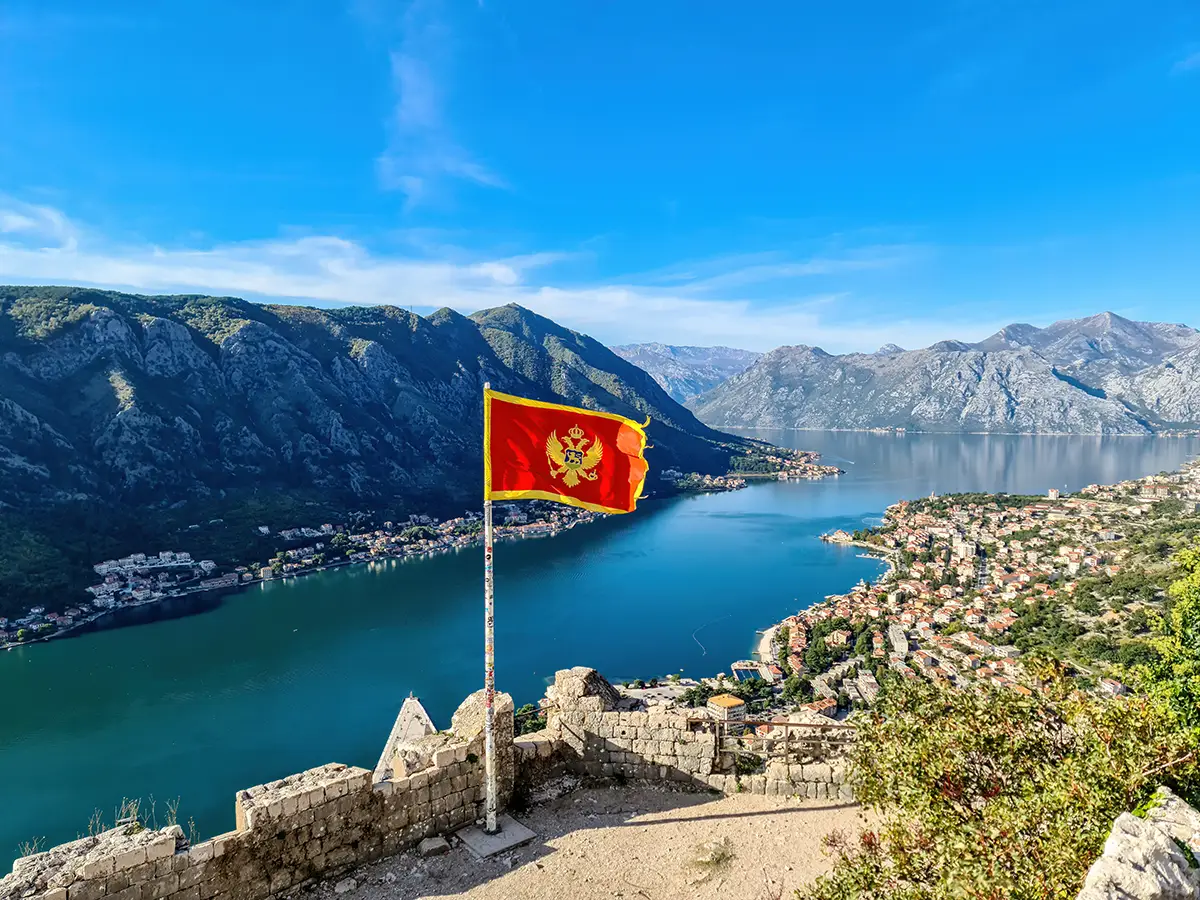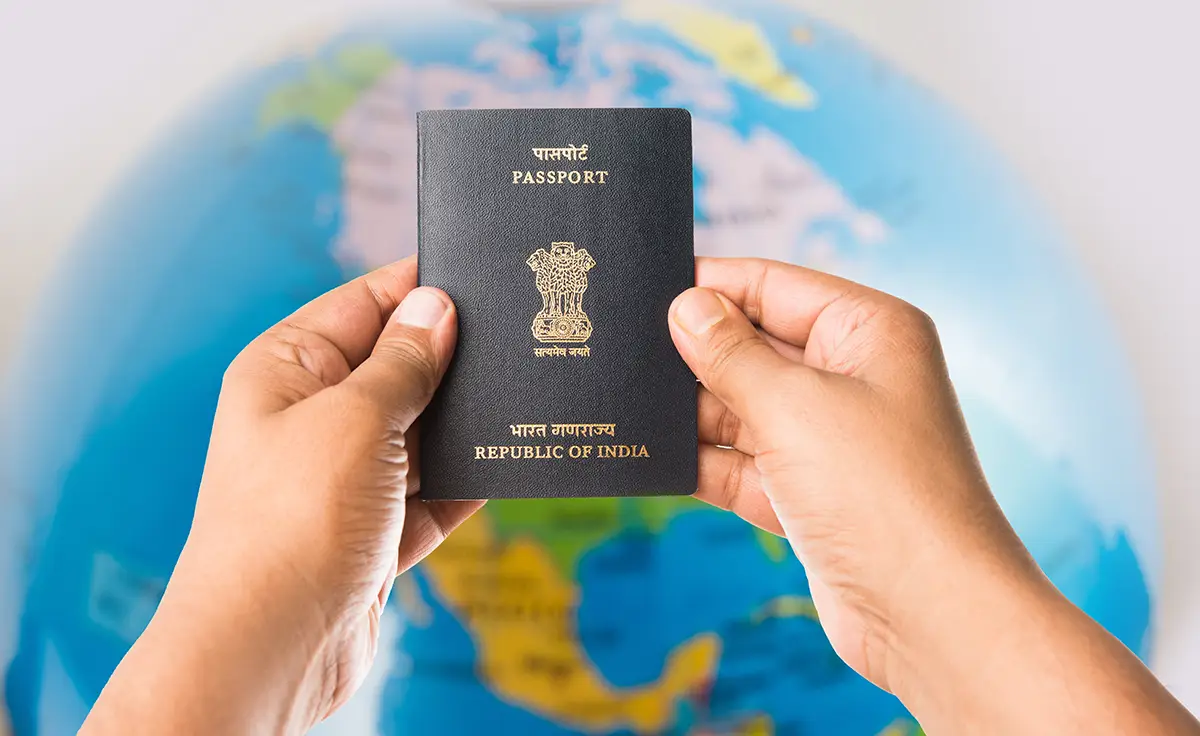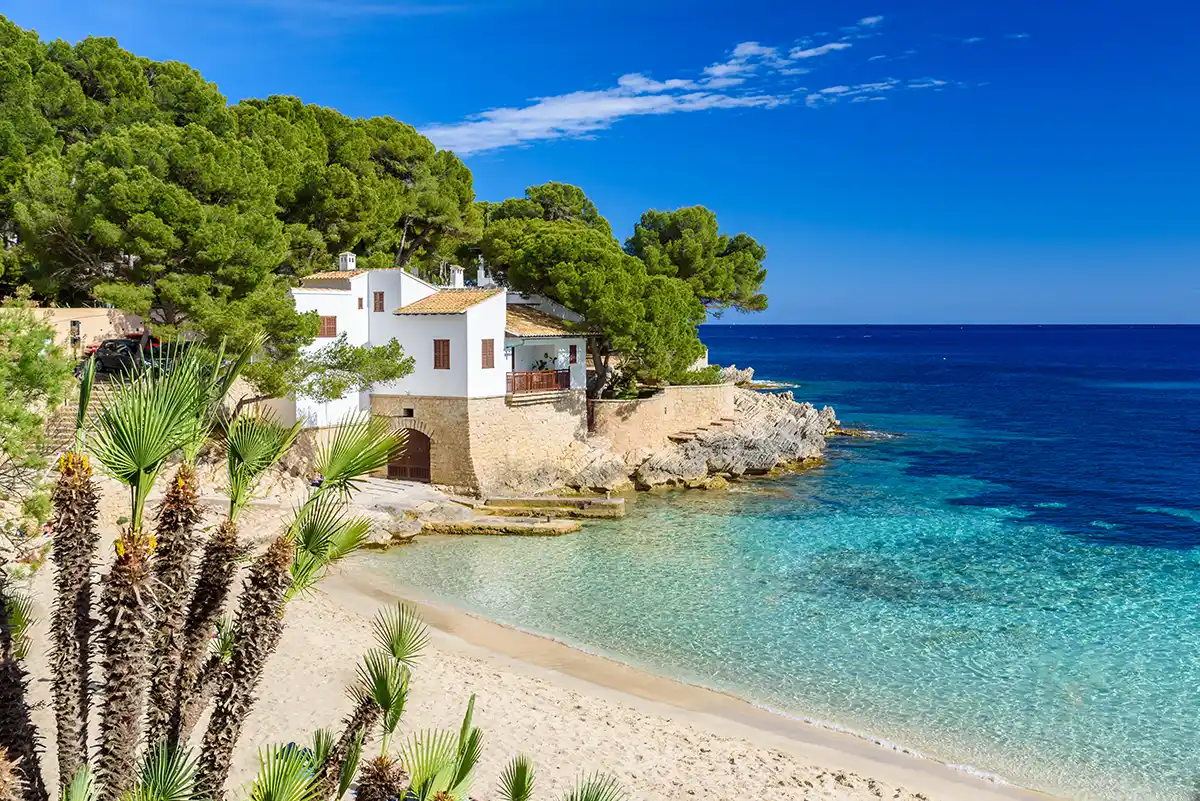What is the 90 180 Rule in Schengen Visa?
The Schengen 90-180 rule regulates short-term stays, limiiting travel to 90 days in any rolling 180-day period.
Any travel to the Schengen Area by a non-EU/EEA national under 90 days is considered a short-term stay.
If you want to spend more than 90 days, then you'll have to get a long-term visa or a residency permit.
The day you enter Schengen counts as day 1, and entry/exit days count.
The whole Schengen Area is treated as one. Changing countries doesn’t reset the counter.
You must be compliant on every day of your trip (look back 180 days on each day of stay).
Schengen 90 Day Rule Examples
- Landing in Athens on January 1st and staying in Greece for 90 days in a row means having to leave the Schengen Area by March 31st.
- You can come and go as you wish as long as your time inside Schengen never exceeds 90 days within the last 180 days.
- You can stay in Schengen up to June 29th, if you don't use your 90 days in a row.
- You may re-enter as soon as enough earlier days drop out of the last-180-day window.
- This means that, even if you did use your 90 days in a row and left by March 31st, you can still make a trip from September 1st to September 10th.
- In this situation, you still have 64 days available. Why? Because the previous 180 days run from March 6th to September 1st, which only contains 26 of your Jan–Mar days.
- If you want to arrive with a fresh 90-day allowance at entry, wait until the last 180-day window contains no past stays, which would only be possible from September 28th onward (March 31t + 180 days).
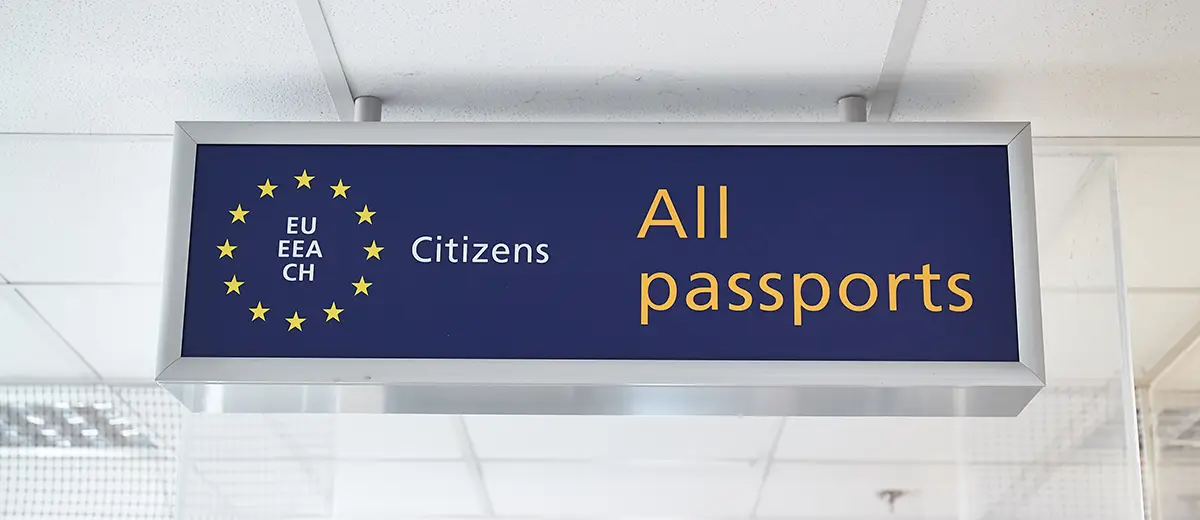
To work around this rule, many expats and investors would wait out the 90 days in nearby non-Schengen countries: like Cyprus and Ireland.
Other alternatives include the United Kingdom, Bosnia & Herzegovina, Montenegro, Türkiye, Serbia, or even Morocco.
The EU is also expected to tighten entry and exit requirements with its new “Smart Borders” policies.
Read more:
Schengen Visa Types: Which One Do You Need?
Traveling Around Europe & the Schengen Zone: Ultimate Guide
90 180 Day Rule Schengen Calculator
If you're still confused on how how the Schengen 90 180 rule works, feel free to use our Schengen calculator to check if your stay in the Schengen Zone is compliant.
Investment Visa's Calculator
What is the difference between the European Union and the Schengen Zone?
Even though the Schengen Area is under the purview of the European Union (EU), the two are not the same.
The Schengen Area is not exclusive to EU countries, as the Union welcomes other countries to join if they meet its requirements.
The latest additions are Romania and Bulgaria, who accessed the Schengen Are on March 31st 2024.
Out of the 27 Countries in the EU, only 2 are currently not participating: Cyprus and Ireland.
Cyprus is currently under consideration to join the Schengen Area and is undergoing an evaluation process to assess its readiness for Accession.
Ireland, due to its Common Travel Area agreement with the United Kingdom, operates its own visa and border policies.
The remaining 25 countries: Austria, Belgium, Bulgaria, Croatia, Czechia, Denmark, Estonia, Finland, France, Germany, Greece, Hungary, Italy, Latvia, Lithuania, Luxembourg, Malta, the Netherlands, Poland, Portugal, Romania, Slovakia, Slovenia, Spain, and Sweden all participate in the Schengen Area.
The European Free Trade Association (EFTA), consisting of Iceland, Lichtenstein, Norway, and Switzerland, countries not within the EU, also participate in the Schengen Area, bringing the total number to 27 Countries in the Area.
Residency by Investment Programs: The Best Schengen Solutions
Only Schengen countries' Citizens can travel the Schengen Area without any restrictions on time spent in each country.
If you want this for yourself, you must first become a Resident in a Schengen country and begin the journey to Citizenship.
The fastest way to obtain Residency in Schengen countries is through investment immigration programs.
The best can be found in Greece and Portugal, in the form of the Golden Visa and the D2 Visa, respectively.
In Greece, Residency is achievable via an investment in Real Estate and acquiring property at a minimum of €250,000 in most of the country, or €500,000 in select key regions, such as the Athens city center, Thessaloniki, Santorini, and Mykonos, among others.
You can become a Resident in Portugal through the D2 Visa, a program targeting investment-driven individuals to operate a business in Portugal.
Investment Visa boasts exclusive D2 Visa packages in Portugal, starting at €280,000.
Both the Greece Golden Visa and the Portugal D2 Visa enable benefits such as family inclusion, and visa-free travel to the Schengen Zone.
With both countries in the EU, Greece, and Portugal are among the safest in the world to live in, with an affordable quality of life and cost of living, and excellent healthcare systems.
Citizenship awaits at the end of 7 years in Greece and 5 years in Portugal, allowing you to never worry about the 90-180 Schengen rule ever again.
Contact us today to find more information about these exciting new opportunities!




































